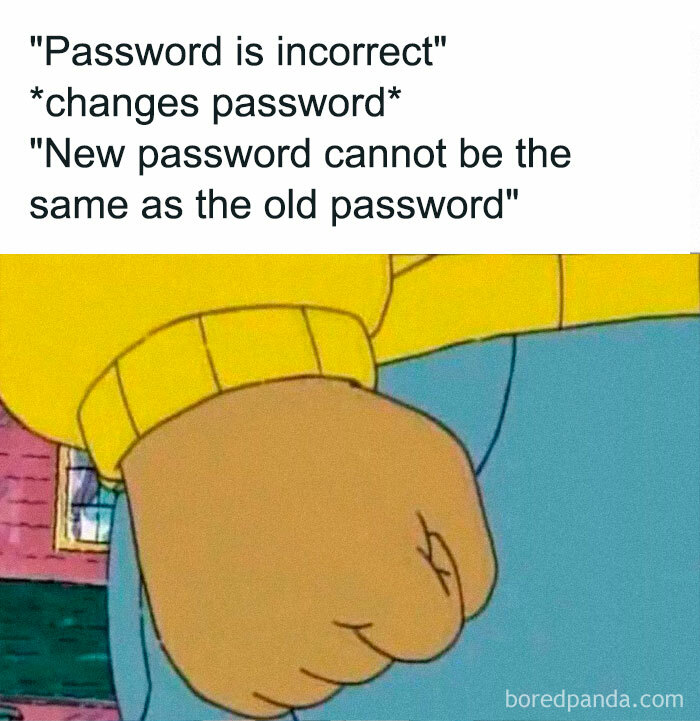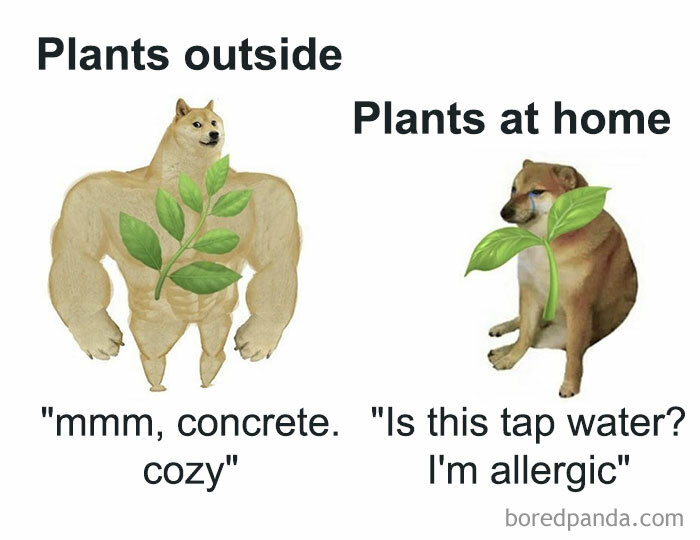Memes are more than just entertainment. If you scroll through Instagram, Facebook, and Twitter, then you've surely noticed how mainstream they've become—memes dominate our newsfeeds more than actual news itself. Whether they come as images or videos, they can be political, satirical, comical, pretty much anything you can imagine, and they not only make us laugh, but have the ability to identify a common feeling, experience, or opinion as well. I mean, how many times have you seen a funny meme and thought 'that is so me'? And then tagged your friend in the comments? It's this that makes memes such a popular cultural phenomenon: they're both personal and universal. To see what I mean, scroll through this relatable memes list compiled by Bored Panda—you'll see that even seemingly harmless, funny memes can open up doors to more serious topics.
This post may include affiliate links.
The term meme was coined in 1976 by British evolutionary biologist Richard Dawkins in his work The Selfish Gene. Dawkins conceived of memes as the cultural parallel to biological genes and considered them, in a manner similar to "selfish" genes, as being in control of their own reproduction, thus serving their own ends.
So in those terms, memes carry information, are replicated, and are transmitted from one person to another, and have the ability to evolve. Memes mutate at random, undergoing natural selection, and can take a variety of forms, such as an idea, a skill, a behaviour, a phrase, or a particular fashion.
The replication and transmission of a meme occurs when one person copies cultural information from another person. It is carried out primarily by means of verbal, visual, or electronic communication, ranging from books and conversation to television, e-mail, or the Internet. Naturally, those memes that are most successful in being copied and transmitted become the most prevalent within a culture.
I get so invested in my books or catch up tv that I lose track of the time completely. One minute it will only be 7:30pm and the next it is almost midnight.
The exploration of relationships between cultural evolution, cultural transmission, and imitation has led to interesting theories about memes. For example, various ideas have emerged about the nature of memes, wondering if they are beneficial, neutral, or harmful.
For example, some scholars say memes may be interpreted as being inherently harmful because they are parasites or viruses of the mind; once assimilated into the human mind, their chief purpose becomes their own replication, with humans having little or no control over them.
Fun fact: "meme" is a scientific name for "an element or system of behaviour passed from one individual to another by non- genetic means". It comes from the greek word "mimema", meaning "imitated". It was introduced by the biologist Richard Dawkins in 1976.
Fun fact: "meme" is a scientific name for "an element or system of behaviour passed from one individual to another by non- genetic means". It comes from the greek word "mimema", meaning "imitated". It was introduced by the biologist Richard Dawkins in 1976.

 Dark Mode
Dark Mode 

 No fees, cancel anytime
No fees, cancel anytime 






























































































